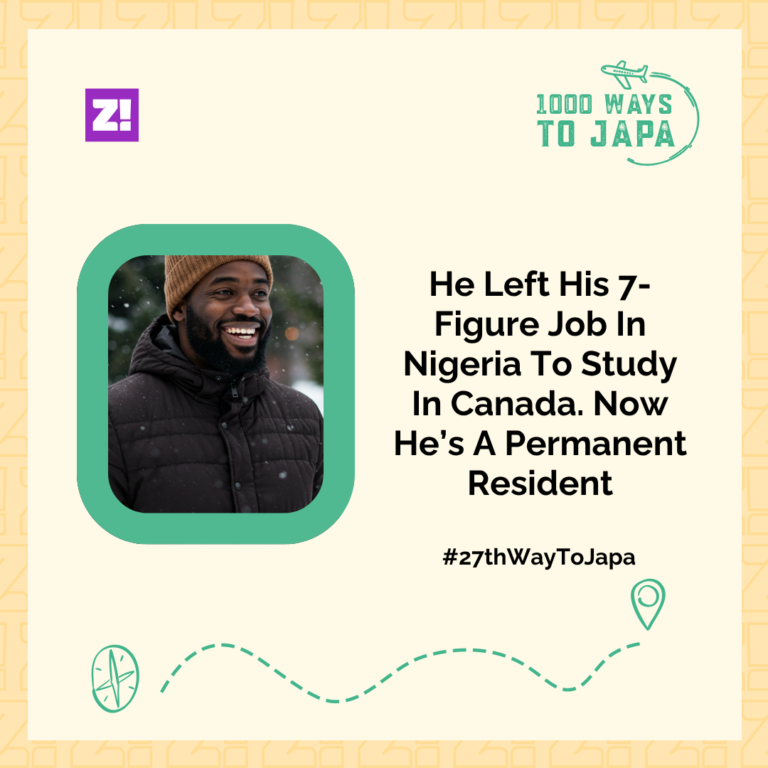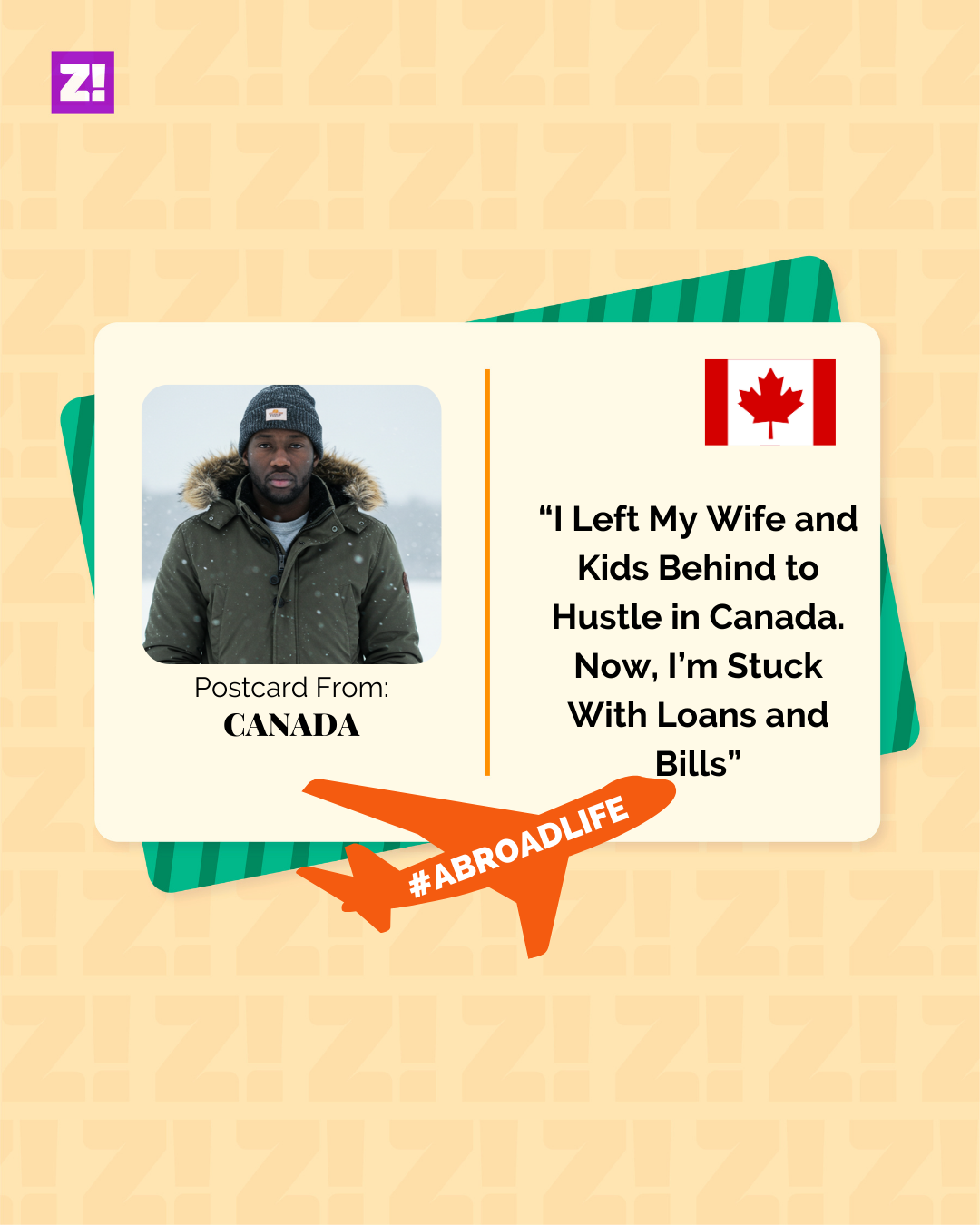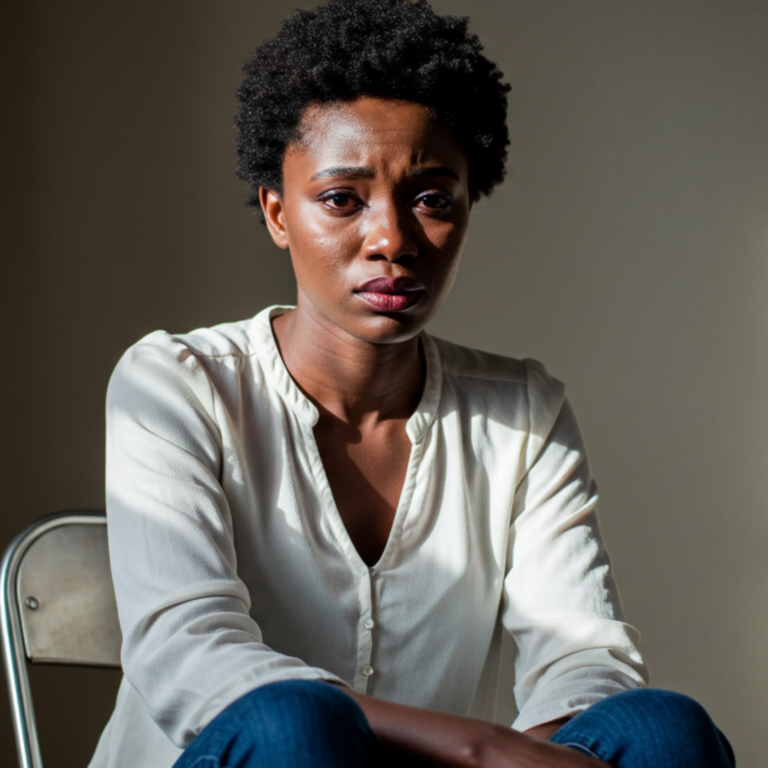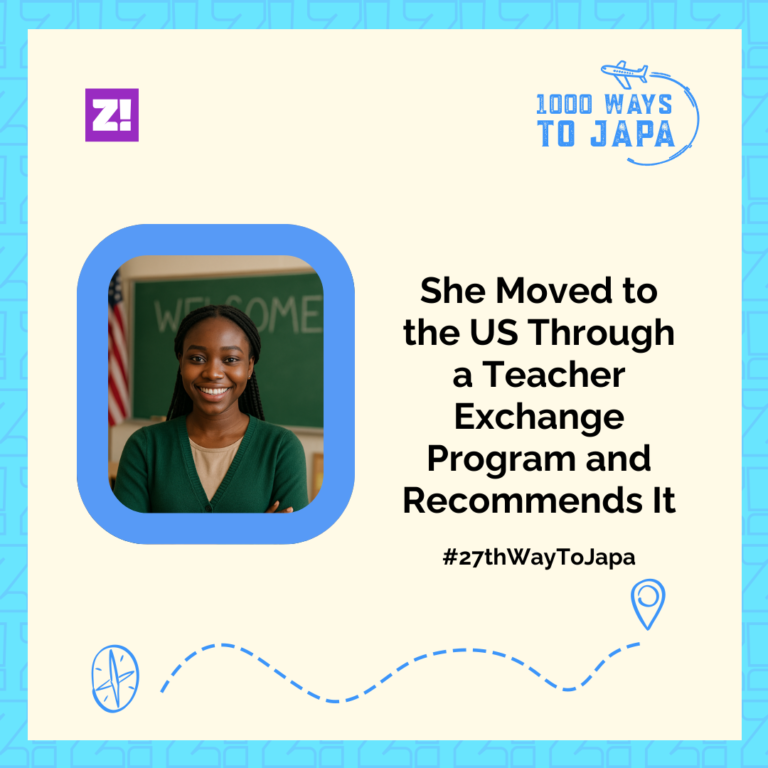At 14, *Faiza only cared about two things: her grades and Hannah Montana. Boys weren’t even on her radar — until a 29-year-old teacher arrived at her school and changed everything.
She remembers him being young and charismatic. “He was very different from our other teachers,” she told Zikoko. “I became his favourite almost immediately, and he would call me during lunch break to gist about all the older students who wrote him love letters.”
At first, their interactions seemed harmless to Faiza, like the typical relationship between a teacher and a “teacher’s pet.” But their already questionable dynamic shifted after she saw him strolling through her neighbourhood. She later learned he had a close friend he often visited nearby.
One in four Nigerian girls between the ages of 13 and 24 have experienced at least one form of sexual abuse. For many, like Faiza, it begins with a trusted adult whose actions blur the line between care and harm.
“He would call me whenever he was around, and I would go to him,” she recounted. “I knew we were becoming close in a way we shouldn’t be, but I didn’t feel unsafe with him because the visits lasted for months without him making any inappropriate move.”
That sense of safety, however, wouldn’t last. Looking back, Faiza recalls the first time she questioned why she had ever trusted him: the day he invited her to his house after her surgery. At 15, frail and trying to escape the chaos at home, visiting her “kind” teacher, who promised to care for her during her recovery, seemed harmless. True to his word, he cooked her a meal, a gesture that made her feel at ease. Exhausted, she fell asleep shortly after eating, unaware of how drastically things were about to change. While she slept, he pinned her down and raped her.
For Faiza, the assault marked the beginning of a dark and confusing chapter in her life. “I had lost my virginity and felt like there was nothing left to lose,” Faiza said. “So I started visiting his house regularly. He would tell anyone who saw us together that I was a university student.” After every visit, he insisted she clear their Facebook chats — their primary mode of communication — and warned her not to tell anyone. “Sometimes, he’d smile at me with this knowing look, as if to remind me that no one would believe me anyway,” Faiza recounted.
Faiza’s experience is not an isolated incident but part of a troubling pattern of abuse in Nigerian schools. In Nigeria, 44% of school girls experience at least one form of physical or sexual violence perpetrated by teachers or classmates.
Over the years, Faiza often faced the same question from those she confided in: why did she keep returning to him after he raped her? It’s a question she struggles to answer.
Toluwalase David-Oluwole, a mental health advocate, explained that this is common among survivors of sexual abuse. “When the abuse happens at the hands of a trusted individual, the survivor often internalizes it, believing on some level that it’s acceptable to be treated that way,” she said. “They go back sometimes because they’ve been conditioned to see it as a norm.”
She added that the psychological effects of such traumatic experiences often follow survivors well into adulthood, shaping their emotions, relationships, and sense of self-worth. “It takes a lot of dismantling and psychological help for survivors to live a normal life,” David-Oluwole said. “These individuals usually don’t have balanced emotions and struggle in some way with their mental health. When they grow up, they often make poor choices in partners, driven by fear or the belief — shaped by past experiences — that they only deserve love or desire in unhealthy ways.”
For Faiza, the exploitation didn’t end after the rape. Her teacher continued to groom her, leveraging her vulnerability and his position of authority. Like many other abusers, he had unprotected sex with her and kept Postinor 2, a contraceptive pill, ready before her arrival. But when an unplanned visit led to him forgetting the pill, he knew she would get pregnant.
“One day, he dragged me out of my classroom to his house, claiming it was urgent,” Faiza recounted. “He made me take a pregnancy test, and I’ll never forget how terrified he looked when it came back positive.” She never got to tell her parents; her teacher immediately gave her pills to terminate the pregnancy and continued to exploit her afterwards. Even after he got married, he didn’t stop texting her and demanding that she visit him.
Sadly, Faiza’s story is not unique. Across Nigeria, countless girls face similar abuse, yet their voices are often silenced by societal stigma, and even when they speak up, they are denied justice as a result of institutional failures.
Tori, a 17-year-old, was expelled from her secondary school after she reported that a teacher raped her. But her determination for justice never wavered. “I told my mom everything, and she got the teacher arrested,” Tori said. “We went through all that to discover that my school principal bailed him out,” Her boyfriend, frustrated by the lack of justice, tracked the teacher down and beat him till he was almost unconscious. “That’s all the punishment the teacher got,” Tori concluded.
The systemic nature of the problem is further illustrated by the 2023 Delta State case, where a school principal was arrested for allegedly raping a four-year-old pupil. Despite assurances from authorities that justice would prevail, the child’s mother revealed she was pressured to settle out of court. To date, no evidence suggests the principal was sentenced.
These stories highlight a harsh reality: while laws like the Violence Against Persons (Prohibition) Act (VAPP) exist, enforcement is weak, and justice for victims remains elusive.
Chidinma Ibemere, an award-winning educator and advocate, believes that societal intervention, alongside parental vigilance, is critical in putting an end to the sexual abuse of school children. “From my experience, most students only reveal what they want their parents to know, so it can be tricky for parents to identify when their children are being abused in school,” she said. “But that’s not to say we can’t try.”
One of Ibemere’s key recommendations is for parents to build open and trusting relationships with their children. “If the children are boarders, strive to attend visiting days,” she suggests. “And for day students, be interested in what they do or say.” She emphasises the importance of taking concerns about teachers seriously and to stay vigilant for any unusual behaviors, asking supportive questions until the child feels safe enough to share.
Ibemere also acknowledges that there’s no easy way to spot predatory teachers. However, she highlights the importance of normalising conversations about sex and consent, as paedophiles often exploit the lack of knowledge in these areas. Faiza herself didn’t realise she had been abused until she read a book about sexual abuse at the age of 18.
Ibemere added that schools must also play a critical role in safeguarding children. “Educational policies should mandate schools to prioritize the safety of children in their care,” she advised. “Schools should be held accountable and face strict sanctions whenever a case of sexual assault occurs.”
Names have been changed to protect the identity of victims.




